The Disadvantages of Family Therapy
While family therapy offers numerous benefits for resolving conflicts, improving communication, and fostering stronger family relationships, it also comes with certain disadvantages. Understanding these potential downsides can help families make informed decisions about pursuing therapy. Despite these challenges, the benefits of family therapy often outweigh the drawbacks, making it a valuable tool for many families.
Disadvantages of Family Therapy
1. Emotional Intensity
Overview: Family therapy sessions can be emotionally intense as family members confront and discuss deep-seated issues and conflicts. This intensity can sometimes be overwhelming, especially for those who are not used to expressing their feelings openly.
Challenges:
Emotional Distress: Discussing painful or traumatic experiences can lead to temporary emotional distress.
Resistance: Family members may resist participation due to fear of confrontation or change.
Sources:
Psychology Today: Family Therapy
GoodTherapy: Family Therapy
2. Time Commitment
Overview: Family therapy often requires a significant time commitment from all participants. Regular sessions, which may be weekly or bi-weekly, can be challenging to fit into busy schedules.
Challenges:
Scheduling Conflicts: Coordinating a time that works for all family members can be difficult.
Long-Term Process: Achieving meaningful change often requires a long-term commitment to therapy.
Sources:
American Association for Marriage and Family Therapy (AAMFT)
3. Financial Costs
Overview: The cost of family therapy can be a barrier for some families. Therapy sessions can be expensive, especially if not covered by insurance.
Challenges:
Out-of-Pocket Expenses: Without insurance coverage, the cost of therapy can add up quickly.
Insurance Limitations: Even with insurance, coverage for family therapy may be limited.
Sources:
Healthline: Cost of Therapy
Verywell Mind: Therapy Costs
4. Varied Commitment Levels
Overview: The effectiveness of family therapy relies heavily on the commitment and participation of all family members. If some members are less engaged or resistant, it can hinder the progress of therapy.
Challenges:
Lack of Participation: Therapy may be less effective if not all members are willing to participate fully.
Differing Goals: Family members may have different expectations and goals for therapy, which can lead to conflict.
Sources:
GoodTherapy: Challenges in Family Therapy
Conclusion: The Pros Outweigh the Cons
Despite these potential disadvantages, the benefits of family therapy typically outweigh the drawbacks. The ability to improve communication, resolve deep-seated conflicts, and strengthen familial bonds can have a lasting positive impact on the well-being of all family members. Addressing and overcoming challenges within the safe and supportive environment of family therapy can lead to healthier, more functional family dynamics.
If you’re considering family therapy, it’s important to weigh these factors and choose a skilled therapist who can guide your family through the process. At Moriel Mental Health (MMH), we offer comprehensive family therapy services to help families navigate their challenges and build stronger, more resilient relationships. Our sessions are typically free to most insurance providers, and if you are paying out of pocket, the copay is usually around $20 per session. Please contact us to book an appointment and start your journey towards a healthier family dynamic. We work all throughout California and are here to support you.
Sources:
Psychology Today
American Association for Marriage and Family Therapy (AAMFT)
GoodTherapy

